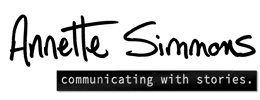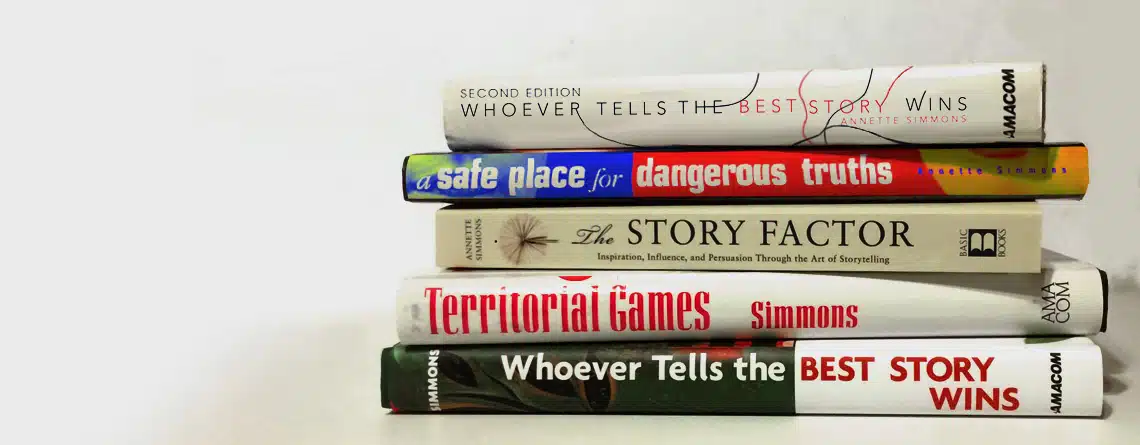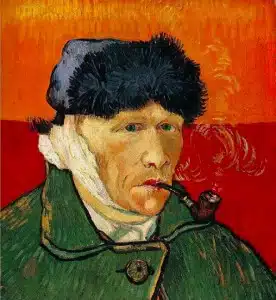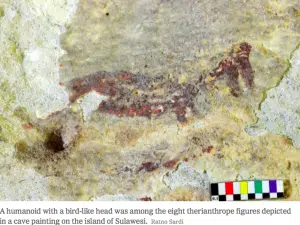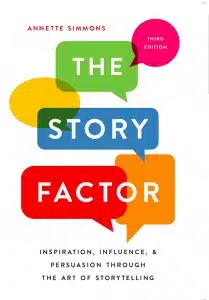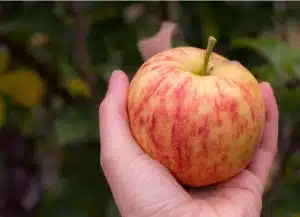
Storytelling Moral Survival System: Part five
Story Is Still the Foundation of Culture and Context If formulas and machine learning could solve all of our problems, we wouldn’t need stories. Like every religion, technology delivers dogma and formulas that promise more clarity than they can deliver. Religions recruit metaphor and storytelling to make sense of ambiguities that dogma can’t condense. Technological
